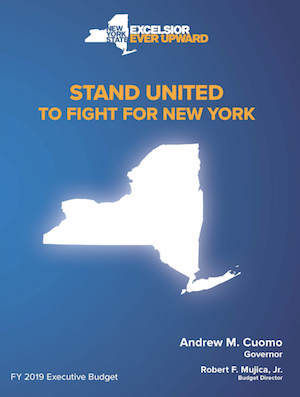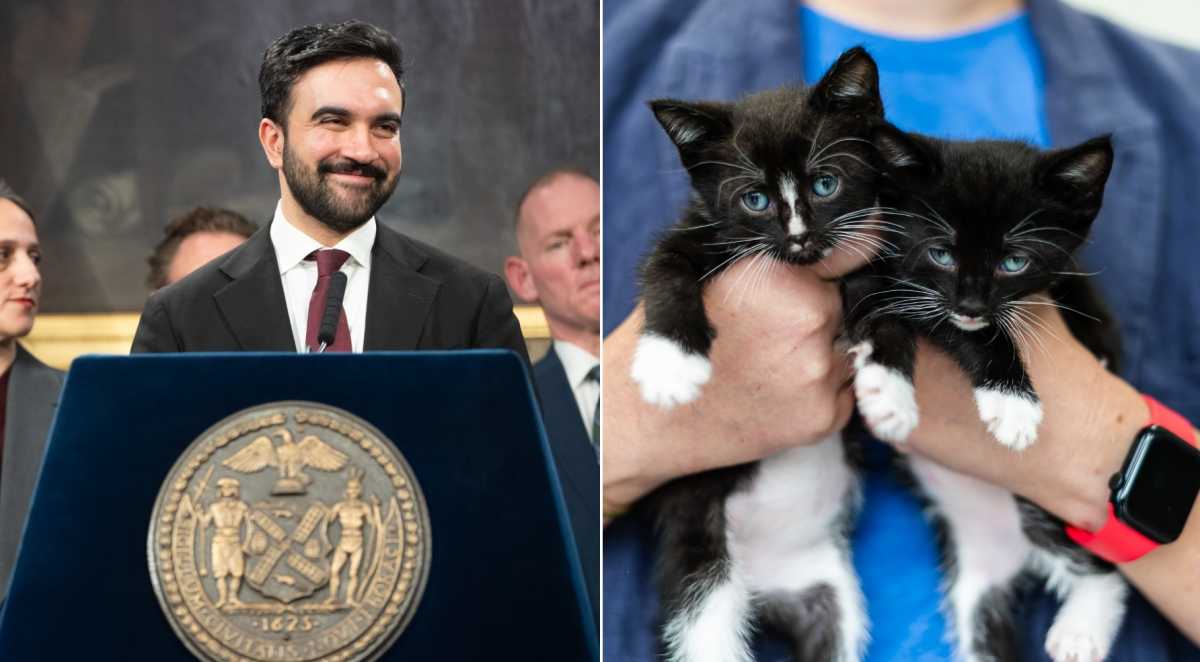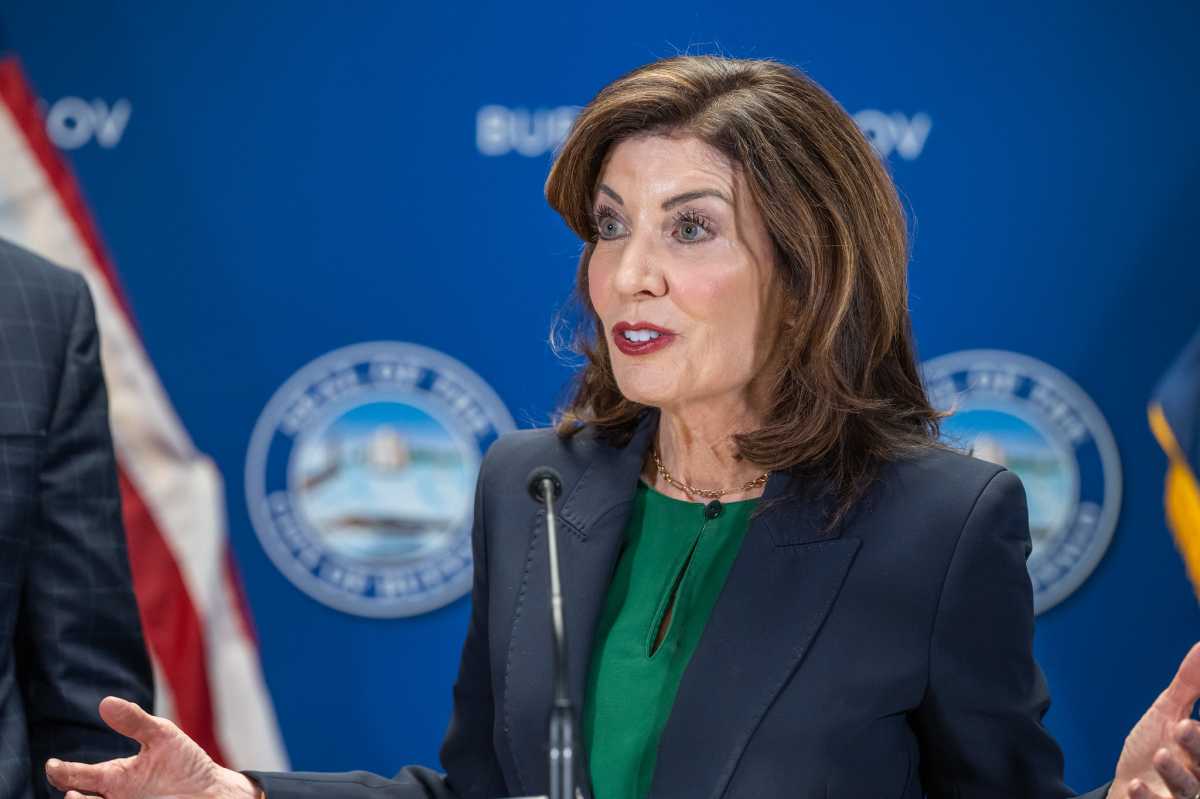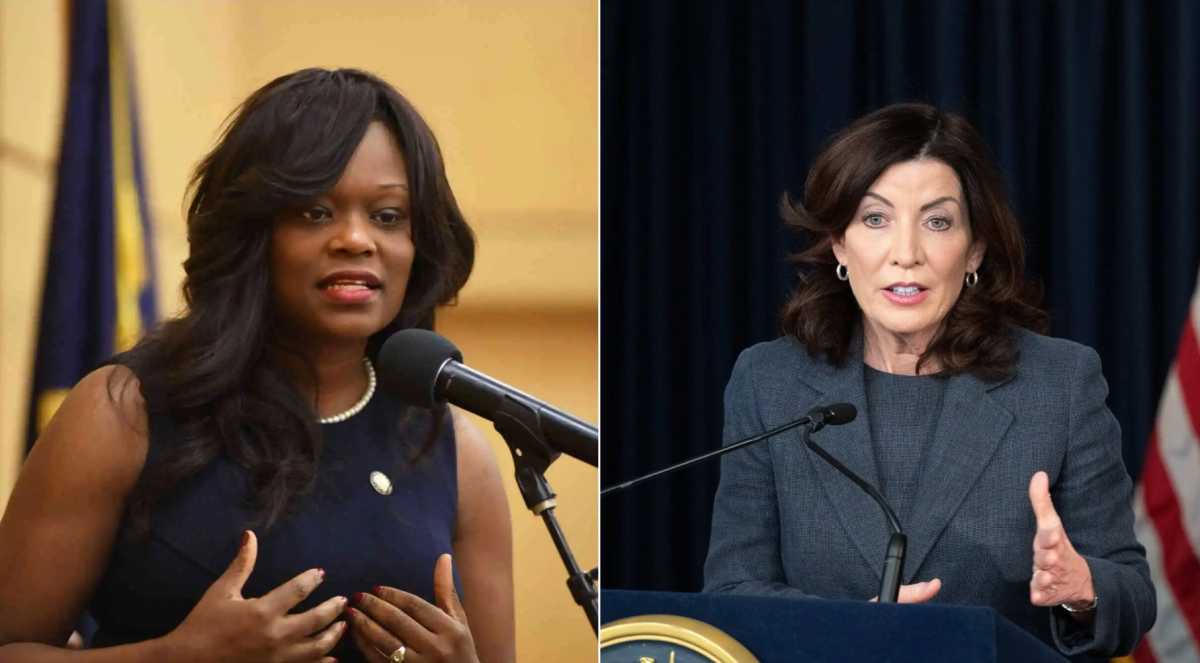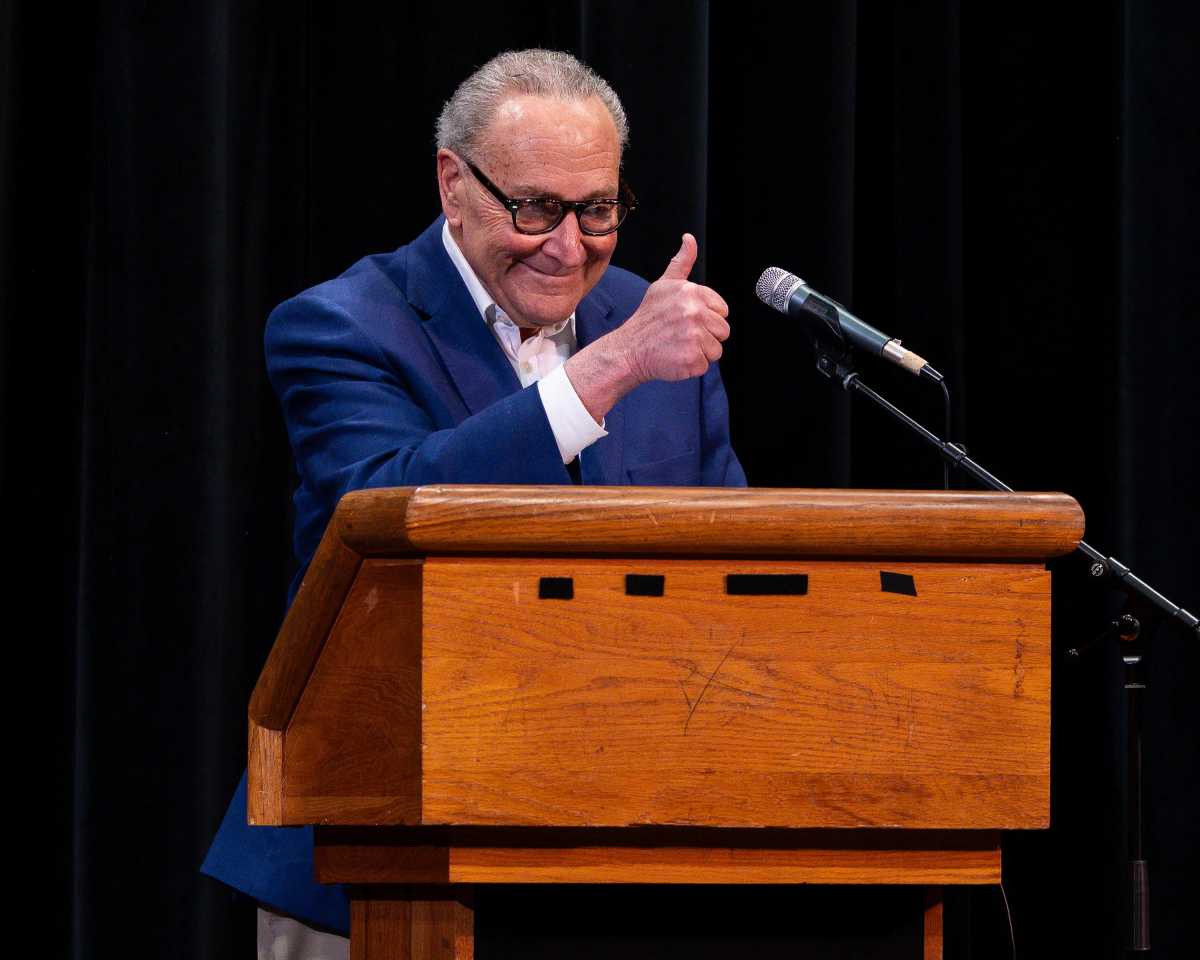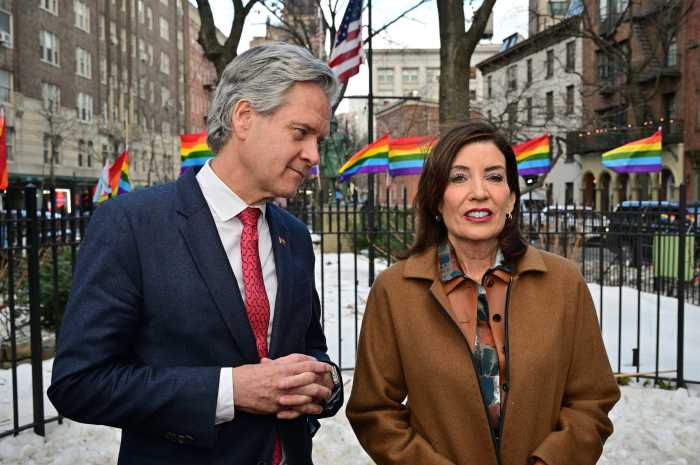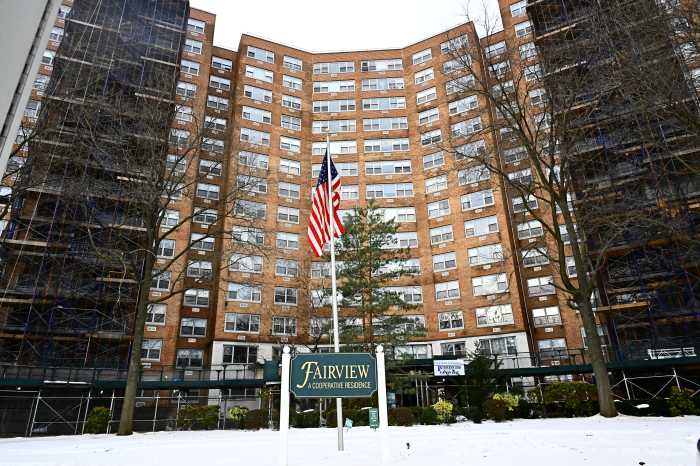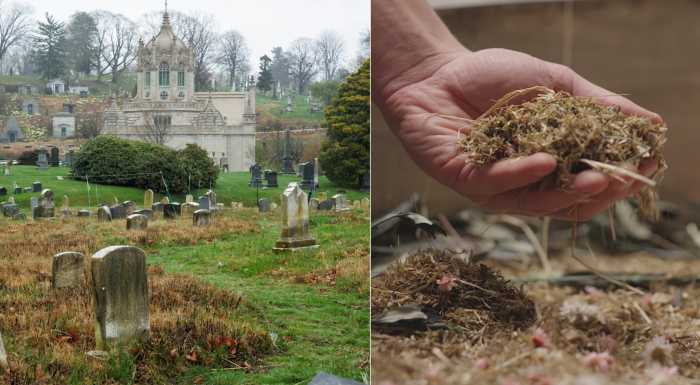Lawmakers and special interest groups from around New York offered varying responses to Governor Andrew Cuomo’s fiscal year 2019 state budget proposal, which he announced on Tuesday.
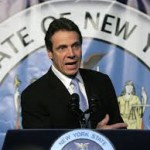
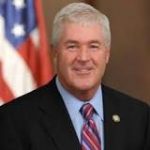
Cuomo, who is seeking reelection in November, unveiled the $168 billion spending plan to combat the harmful effects of the newly passed federal tax legislation, while managing the state through a $4.4 billion budget deficit. The governor called for an overhaul of the state’s tax code, capping spending growth at 2%, and raising an additional $1 billion in revenue.
Republican State Assembly Leader Brian Kolb (R-Canandaigua), who declared his gubernatorial candidacy last month in hopes of unseating Cuomo in November, blasted the governor for “blaming Washington D.C. for problems that have been evident in New York for years.” He lamented “oppressive taxes, a high cost of living, and financial pressures” driving residents away, saying Cuomo presented “no plan to lower costs Albany places on local governments.”
In Kolb’s view, his potential 2018 opponent used the budgetary address for “political positioning rather than policy solutions.”

Lacking policy depth remained a theme among the governors critics, such as State Sen. Martin J. Golden (R-Bay Ridge, Dyker Heights, Marine Park, Gerritsen Beach), who called the governor’s performance “nothing more than empty rhetoric,” rather than a true spending plan.
A member of the Senate Finance Committee, Golden vowed to ensure state expenditures were done in a responsible manner. As an example, he said, “we need to make sure that we obtain necessary funding for the MTA without increasing the debt the agency carries.”
The MTA has long been a point of critique against Cuomo, as the New York City Subway system continues to experience systemic delays and closures.
For his part, Cuomo called for subway repair funding of $836 million for an “emergency action plan,” a sum which he expects New York City to split with the State. Mayor Bill de Blasio has thus far refused to provide additional funds, arguing that subway maintenance is a wholly state government job.
Cuomo also proposed a change in funding sourcing for the MTA, shifting the $1.6 billion collected by the State from the Payroll Mobility Tax directly to the Transit Authority.

This change in revenue stream is a welcome one to Assemblywoman, and 2017 Republican Mayoral Nominee, Nicole Malliotakis (R-Bay Ridge, Staten Island), who tweeted “Glad to hear the Governor wants to dedicate the $1.6B in payroll mobility tax revenue to @MTA instead of leaving it in state’s general fund, or black hole, as I like to call it. With this money, MTA should modernize outdated subway signals that are decades beyond their lifespan.”
To raise additional revenue for transportation funding, Cuomo suggested the state could implement congestion pricing, a tax for driving in a certain area at a particular time. In response, John Raskin, the Executive Director of the Riders Alliance, a public transportation advocacy group, said “Governor Cuomo is sounding the right tune and speaking to the misery transit riders feel day after day…If the governor passes a true congestion pricing plan that actually fixes the subway, he can be the leader who rescues transit for millions of suffering riders. If not, he’s just another politician making false promises.”

Other special interest groups weighed in following Cuomo’s executive budget unveiling, including the Alliance for Quality Education (AQE), which is aligned with the powerful teachers’ union . The group’s spokesperson, actress Cynthia Nixon, who has been mentioned as a potential primary challenger to Cuomo, lambasted the governor’s education plans. “Governor Cuomo had a chance today to put the next generation of New Yorkers first,” said Nixon. “Instead, he proposed yet another budget that will keep New York at the bottom of the barrel when it comes to educational equity and justice.”
The group accused Cuomo of finding “excuse after excuse for why he can’t prioritize education for black, brown, immigrant and low-income students; this year’s excuse is the deficit.”
While Mr. Cuomo boasted his proposal’s doubling of the education spending cap from 1.5% to 3%, the AQE was not alone in criticising the governor’s education funding. Timothy G. Kremer, the Executive Director of the New York State School Board Association, bemoaned what he saw as inadequate funding. “To put school funding needs into perspective, the governor’s proposed $288 million increase in unrestricted foundation aid is about one-fifth of the $1.4 billion increase in foundation aid requested by NYSSBA,” he said. He also expressed displeasure with the governor’s demands that funds be distributed in a formulaic manner within school districts, arguing it would “erode the discretion of locally elected school board members.”

Progressive City Councilman Jumaane Williams (D-Flatbush, East Flatbush, Midwood) offered the governor half-handed praise for what he saw as a shift toward a more liberal platform, saying “I welcome him to the side of progress, we’ve missed him all these years,” before offering a strong rebuke of certain spending cuts in the executive budget.
Williams, who is exploring a possible run for Lieutenant Governor in 2018, saw proposed funding to transportation, mental health and hygiene, and education as particularly inadequate.
While perceived meager funding drew criticism from the progressive left, Cuomo saw additional criticism from the opposite end of the political spectrum.
Reclaim New York, a conservative interest group with ties to Republican megadonors Robert and Rebekah Mercer, called the budget proposal “a giveaway to Albany insiders at the expense of hard-working taxpayers, families, and businesses.” Albany, not Washington, is to blame for making New York a “tax hell,” according to the group’s Executive Director Brandon Muir.
The wide range of responses to Mr. Cuomo’s budget proposal in unmistakably emblematic of the turbulent political and economic climate in New York.
As the state braces for the impact of the newly passed national tax legislation, while facing a $4.4 billion budget deficit and federal spending cuts to healthcare, Governor Cuomo and Albany lawmakers will negotiate over the next several months, in hopes of passing a final budget by April 1st.


